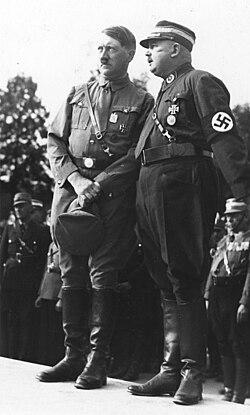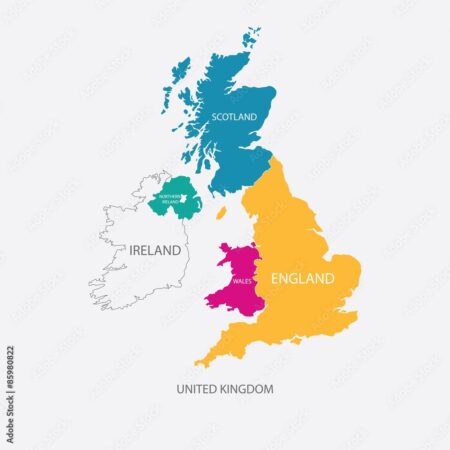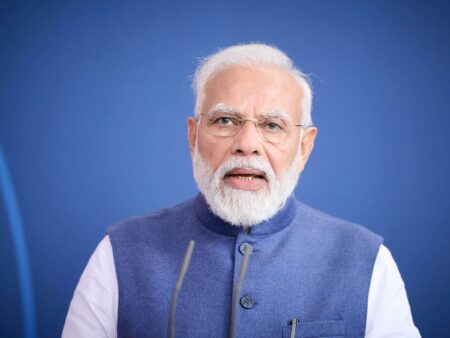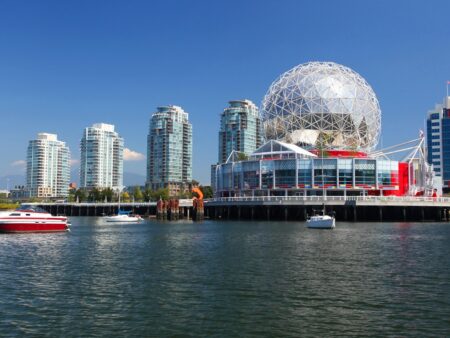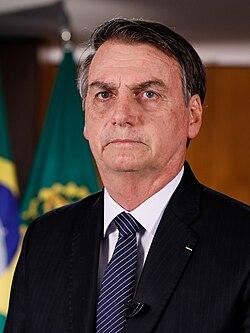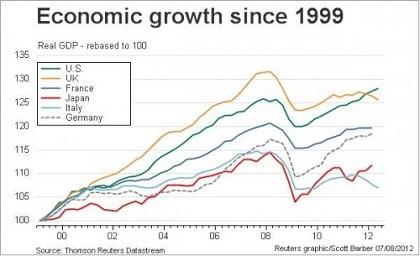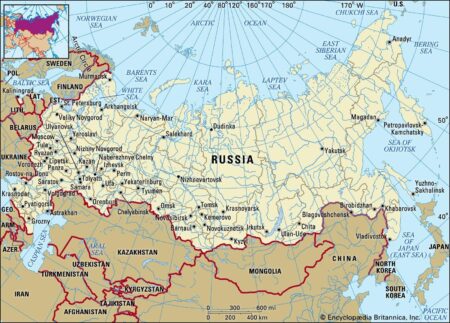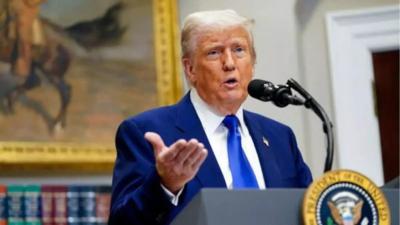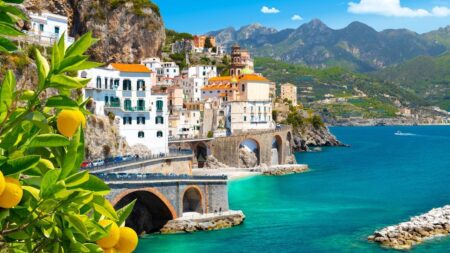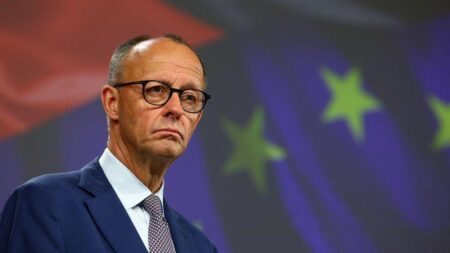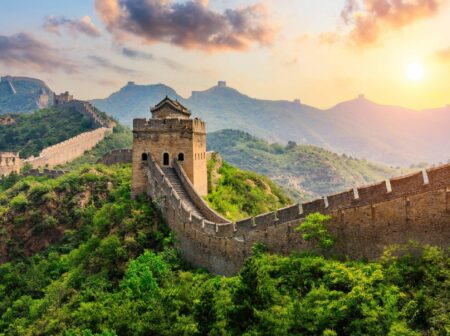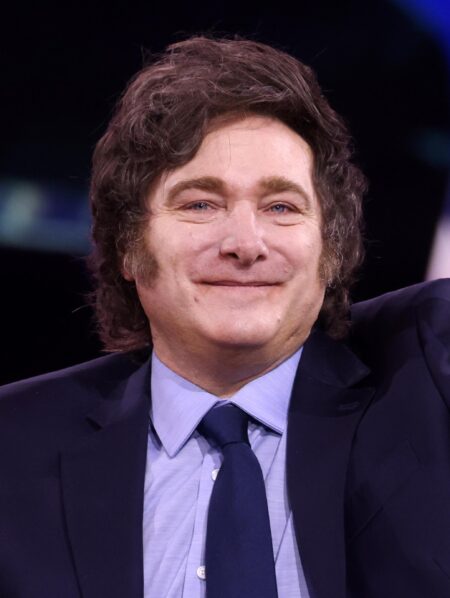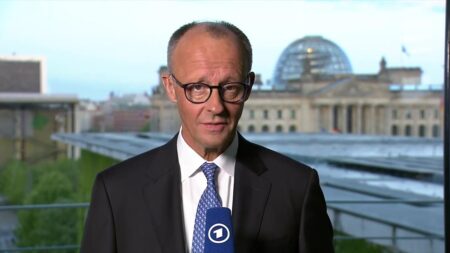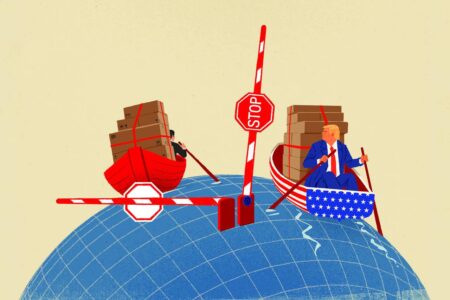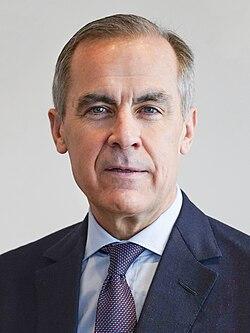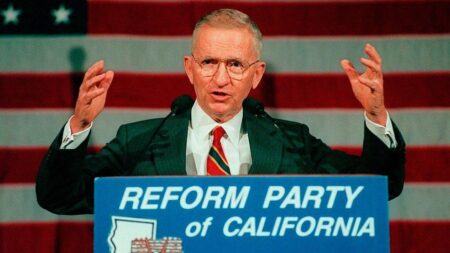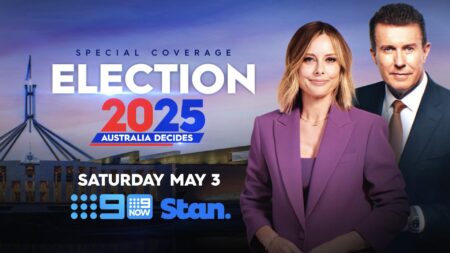Germany’s far right is taking a page from the US playbook, stoking division to deepen societal rifts and amplify their political influence. Experts warn this deliberate strategy aims to weaken democracy and steadily grab control
Browsing: political strategy
Canada stands firm amid uncertainty, boldly charting a course toward dynamic leadership in a rapidly changing world. The Hill Times explores how the nation’s cutting-edge strategies are building an unstoppable path to the future
The UK’s unique “magic formula” caught the eye of former President Trump, effortlessly blending business-friendly policies with rich cultural appeal, CNBC reports. This powerful approach not only boosted trade ties but also forged stronger political bonds
India’s Modi’s choice to attend the G7 summit in Canada is being celebrated by many as a ‘Pyrrhic victory,’ highlighting remarkable diplomatic progress amid persistent geopolitical tensions and urgent domestic challenges
Canada is gearing up to fast-track crucial nation-building projects in response to recent U.S. policies under former President Trump, aiming to strengthen economic independence and ignite regional growth, government officials reveal
Bolsonaro’s bold bid for a Trump-style political comeback could backfire spectacularly-galvanizing Lula’s supporters and intensifying voter divisions, Bloomberg reveals. This daring move has the potential to dramatically reshape the landscape of Brazil’s upcoming elections
India has embarked on a vibrant global charm offensive, aiming to reshape its international image amid recent tensions with Pakistan. This ambitious campaign is designed to strengthen diplomatic ties and attract investment, all while skillfully navigating a landscape marked by growing regional uncertainty
As global tensions rise, Germany stands at a crossroads, grappling with pivotal decisions that will shape its economic destiny. Yet, leading economists caution that Friedrich Merz’s plans for rearmament and austerity might fall short in tackling the deeper issues of sustainable growth.
As the conflict in Ukraine continues to unfold, recent analyses reveal that Russia is encountering substantial challenges on various fronts. The unwavering resilience and strategic maneuvers of Ukrainian forces are transforming the battlefield, putting Moscow’s military goals and morale to the test.
In a daring move during the stalled ceasefire talks in Qatar, former President Trump has unveiled an ambitious ‘freedom zone’ plan for Gaza. This initiative seeks to ignite stability and spur economic growth in the region. However, skeptics are raising eyebrows about its feasibility given the persistent tensions on the ground.
Italy’s potential entry into the Three Seas Initiative promises to ignite regional collaboration, fortify energy security, and deepen economic connections with Central and Eastern European nations. This move could elevate Italy to a key role in tackling strategic challenges across Europe
In a bold gesture of diplomacy, German Chancellor candidate Friedrich Merz has warmly invited former President Donald Trump to explore his ancestral village in Germany. This exciting invitation seeks to deepen transatlantic bonds and celebrate the rich cultural ties that unite the two nations, underscoring the vital significance of U.S.-Germany relations.
In a bold move, China has skillfully countered former President Donald Trump’s trade and diplomacy tactics, marking the dawn of a new era in U.S.-China relations. Experts believe this shift showcases China’s rising confidence and assertiveness on the world stage.
In Dickson, Peter Dutton’s election campaign took a nosedive, perfectly illustrating the Peter Principle—where leaders ascend only to reveal their shortcomings. A series of missteps and growing public discontent laid bare vulnerabilities that transformed once-loyal voter support into deep-seated skepticism, putting his political future in serious jeopardy.
In a daring shift, Argentine President Javier Milei’s revolutionary economic reforms, often described as a “chainsaw,” are making waves as inflation takes a nosedive and investments flourish. While critics voice their apprehensions, supporters passionately contend that it’s high time for bold measures to revitalize the faltering economy.
In a surprising twist for CDU leader Friedrich Merz, he fell short of the necessary votes in the initial round of the chancellorship election. As clouds of political uncertainty gather, experts are diving into potential strategies for Merz and what this could mean for Germany’s future.
As trade tensions reach a boiling point, Trump’s trade war with Canada is sending shockwaves through the U.S. economy, sparking unexpected repercussions. With the stakes higher than ever, anticipation builds for the upcoming meeting between Trump and former Bank of England Governor Mark Carney.
In a groundbreaking meeting, former Bank of England Governor Mark Carney sat down with Donald Trump to tackle pressing economic challenges and urgent climate issues. This encounter revealed a fascinating clash of ideas on fiscal policy, as both leaders passionately articulated their distinct visions for America’s future.
The newly rebranded Reform Party is poised to shake up UK politics, tapping into the rising wave of dissatisfaction with established parties. With its bold populist policies, it aims to draw in disenchanted voters and transform the political arena like never before.
In the 2025 Australian election, opposition leader Peter Dutton experienced a stunning defeat, largely due to his coalition’s unclear policies and growing public frustration over economic management. Analysts point out that his inability to connect with crucial voter demographics played a significant role in this outcome.

